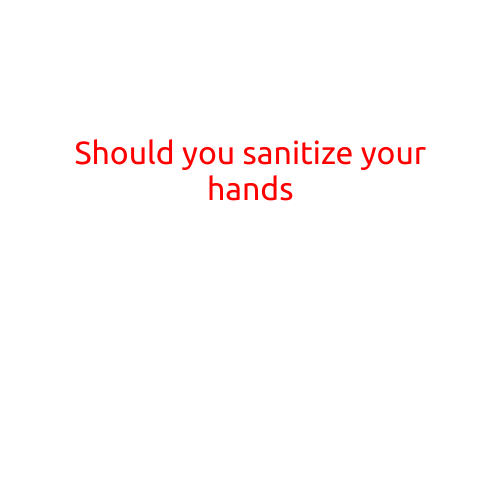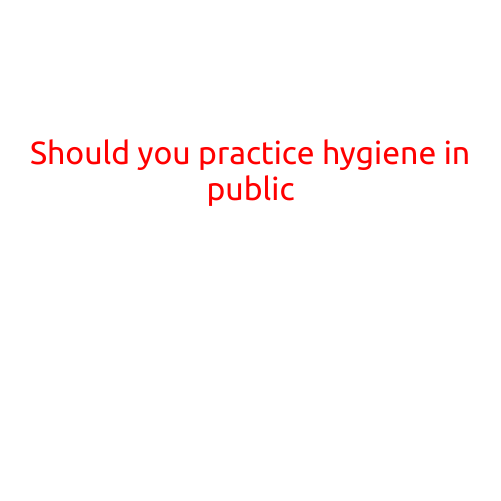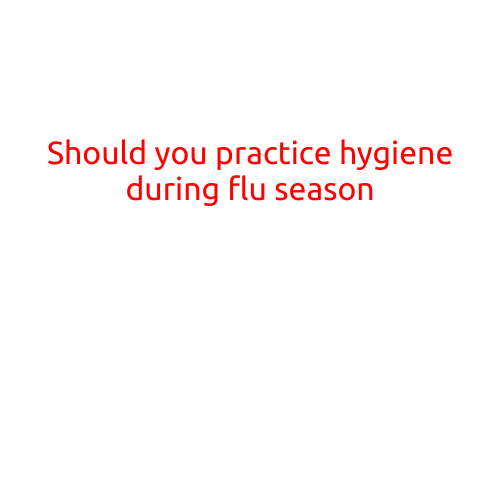
Should You Sanitize Your Hands?
In today’s world, hand hygiene is more important than ever. With the rapid spread of germs and illnesses, washing your hands regularly is a crucial habit to adopt. But with the rise of hand sanitizers, the question on everyone’s mind is: should you sanitize your hands?
The Importance of Hand Hygiene
Hand hygiene is the single most effective way to prevent the spread of infection and illness. According to the World Health Organization (WHO), washing your hands with soap and water can reduce the risk of infection by up to 50%. This is especially important in healthcare settings, where the Centers for Disease Control and Prevention (CDC) estimates that hand hygiene prevents up to 30% of hospital-acquired infections.
The Benefits of Sanitizing
So, what are the benefits of sanitizing your hands? Hand sanitizers are effective in killing a wide range of germs, including norovirus, influenza, and MRSA. They are also convenient and portable, making them a great option for when soap and water are not readily available.
Sanitizing your hands can also help to:
- Reduce the risk of illness in children under the age of 5
- Prevent the spread of illness during flu season
- Reduce antibiotic resistance
The Drawbacks of Sanitizing
While sanitizing your hands can be beneficial, there are also some drawbacks to consider:
- Sanitizers can dry out your skin
- They can be less effective than washing with soap and water, especially against certain types of germs
- Overuse of sanitizers can lead to the development of superbugs that are resistant to sanitizers
When to Sanitize
So, when should you sanitize your hands?
- Before and after eating
- After using the bathroom
- After blowing your nose, coughing or sneezing
- After touching animals or their food or waste
- After touching garbage
When to Wash
When should you wash your hands instead of sanitizing?
- After using harsh chemicals or cleaning products
- After touching raw meat, poultry, or fish
- After touching someone who is sick
- After removing gloves
Conclusion
In conclusion, while sanitizing your hands is an important part of a healthy hygiene routine, there are some situations where washing your hands with soap and water is still the best option. By understanding when to use each method, you can stay healthy and reduce the spread of illness.
Remember, hand hygiene is a crucial part of staying healthy, and by combining washing your hands with sanitizing, you can have a stronger defense against the spread of germs and illnesses.





